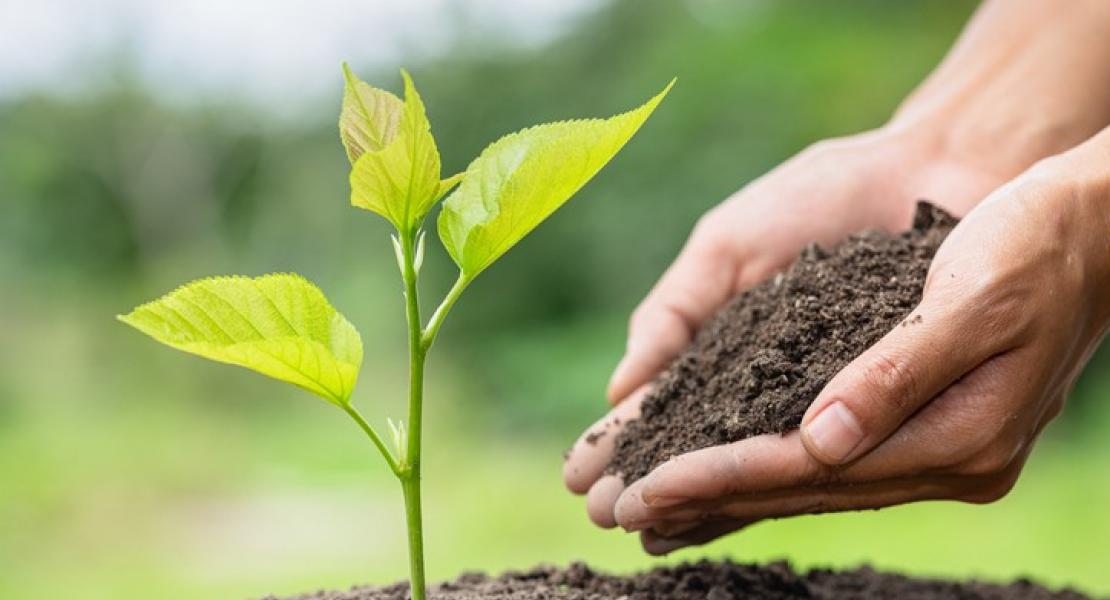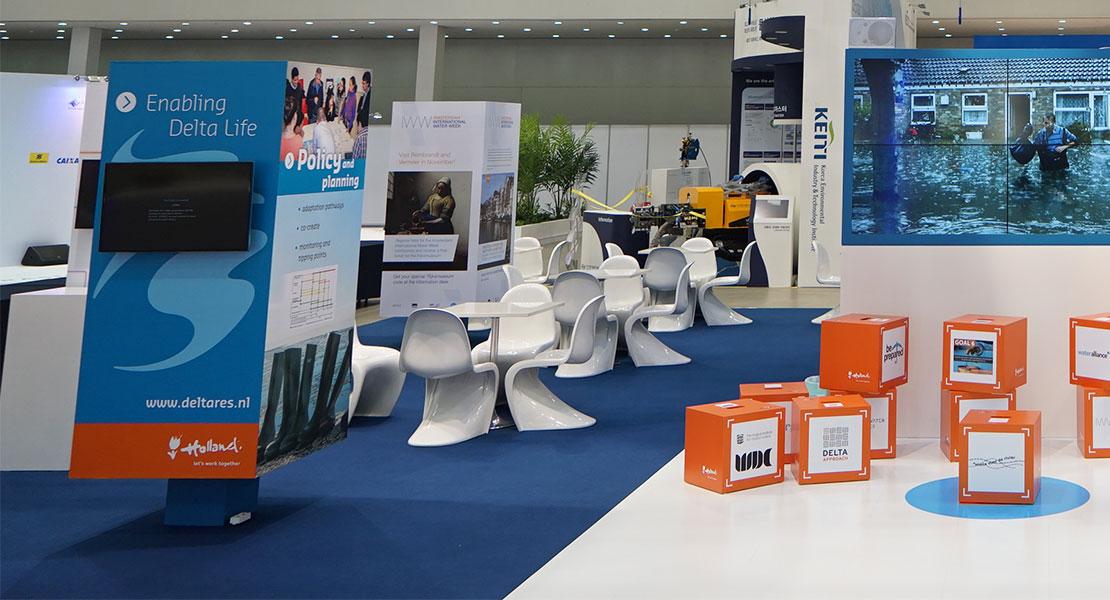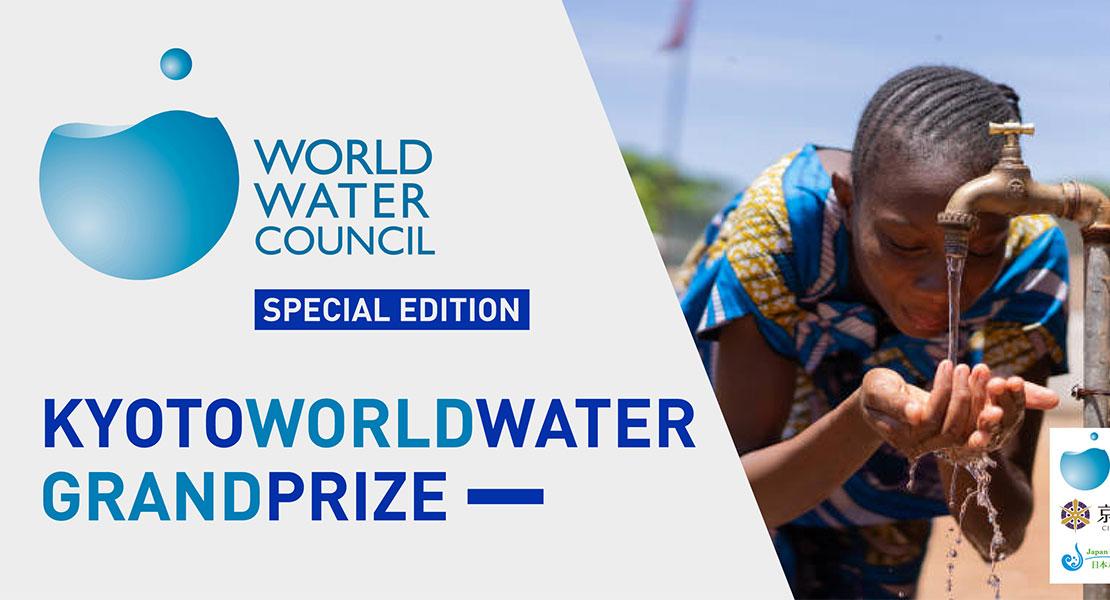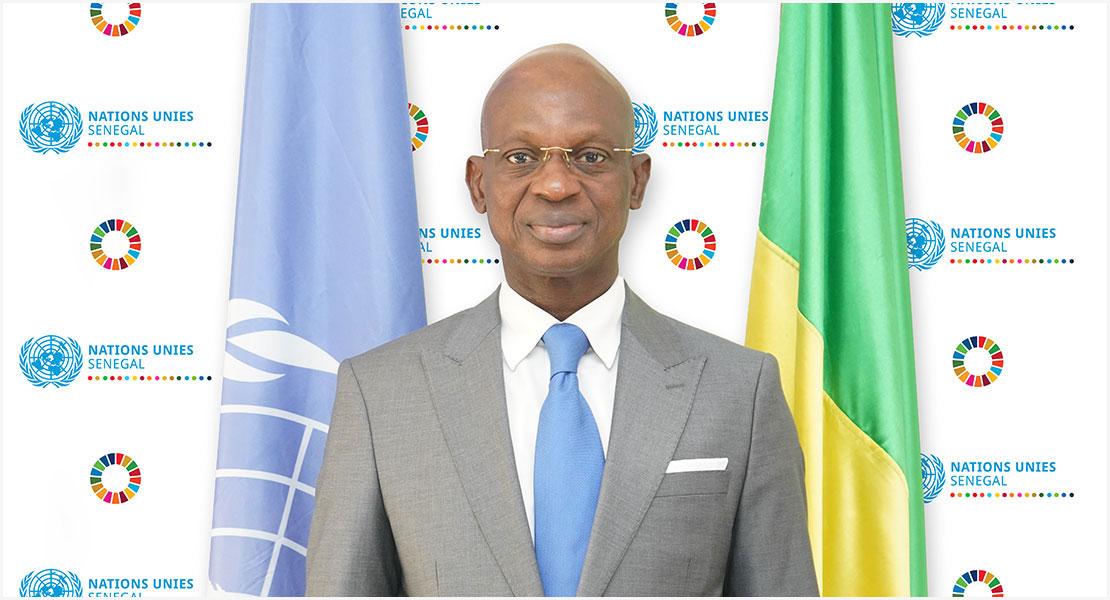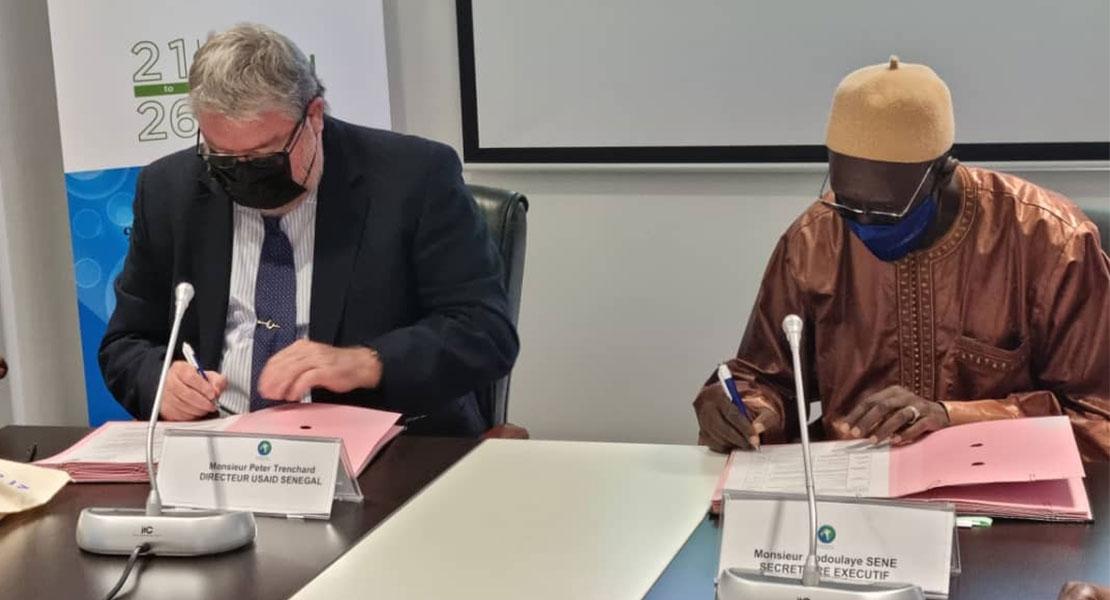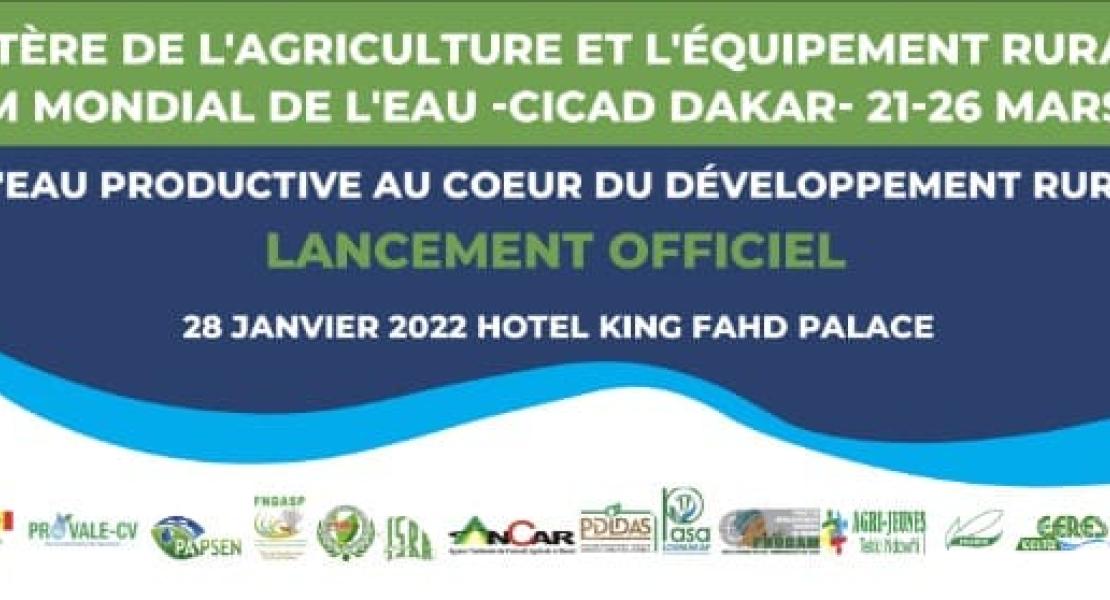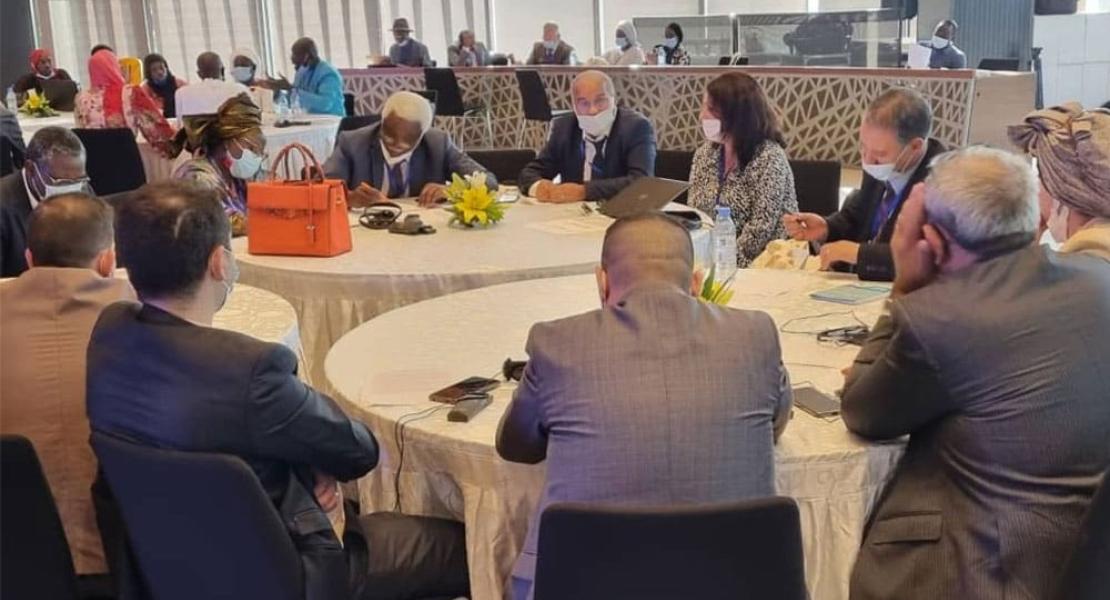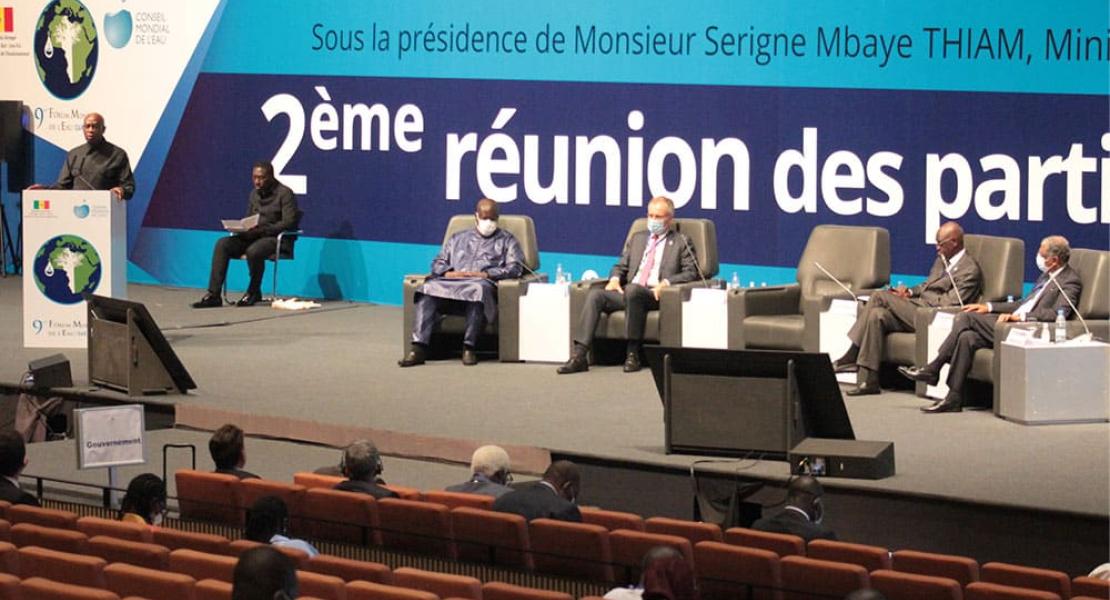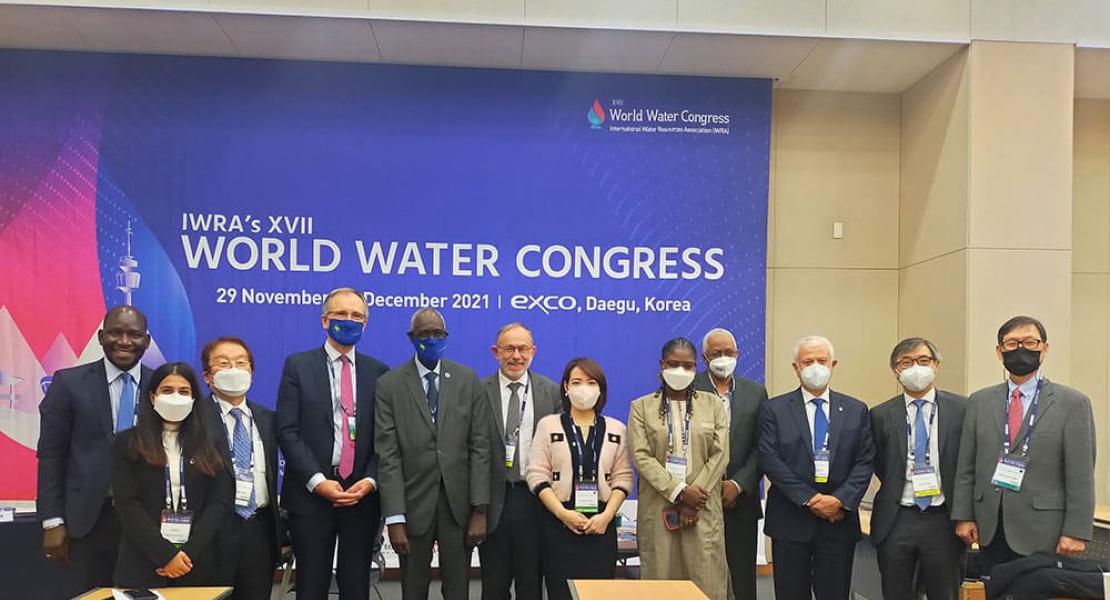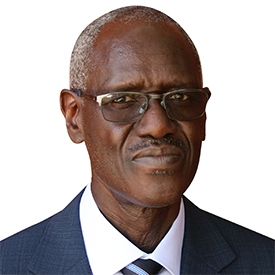
Let's commit to preserving the Earth's ecosystems
The management and protection of the environment is a vital issue that affects the well-being of people and economic development around the world. This is why the United Nations has designated 5 June as World Environment Day since 1974, an opportunity to promote actions aimed at creating a momentum for individuals, businesses and communities to take responsibility for protecting and improving the quality of the environment.
This year's theme is ecosystem restoration. The Society for Ecological Restoration (SER) defines restoration as "the intentional transformation of an environment to re-establish the ecosystem that is considered native and historic. The aim of the intervention is to return to the structure, diversity and dynamics of that ecosystem". Restoration therefore aims to repair/fix, as quickly as possible, the functions (resilience and productivity), damaged or simply blocked, of an ecosystem by repositioning it on a more favourable trajectory which may be natural or to be defined.
Several means are used in the restoration of a degraded ecosystem. Returning to a previous state must be promoted by actions such as reintroduction of plant material and associated micro-organisms or soil works to consequently improve water infiltration/balance or nutrient cycles, etc.
Similarly, restoration leads, as explicit or implicit objectives, a return to the previous level of energy flows and nutrient cycles as well as the re-establishment of the necessary conditions for good soil water functioning (infiltration, balance) at the level of the rhizosphere of the ecosystem. Thus, Water plays a vital role in the process of restoring terrestrial ecosystems. Water safety and quality are intrinsically linked to the ecosystems good health.
According to the United Nations, by 2030 the restoration of 350 million hectares of degraded terrestrial and aquatic ecosystems could generate an estimated $9 trillion in ecosystem services. Restoration activities could also reduce the atmosphere by 13-26 gigatons of greenhouse gases. The economic benefits of these interventions are ten times greater than the investment costs involved. In contrast, business as usual is at least three times more expensive than investing in restoration measures.
All types of ecosystems can be restored, whether they are forests, agricultural lands, cities, wetlands or oceans. Almost any actor (governments, development agencies, businesses, communities, individuals, etc.) can promote a restoration initiative, as the causes of ecosystem degradation are many, varied, and may have impacts at different scales.
Restoring ecosystems, protects and improves the livelihoods of the people who depend on them. It can also regulate disease outbreaks and reduce the risk of natural disasters (floods, droughts and salinization of agricultural land, etc.). Ultimately, ecosystem restoration can help us achieve all the sustainable development goals.
Senegal is very committed to the theme of this World Environment Day 2021. It attaches great importance to the issue of safeguarding and restoring ecosystems, as well as to the issue of water development, as it is located in the Sahel, a particularly vulnerable region that is regularly subjected to climatic extremes (droughts and floods).
This is why, by hosting the 9th World Water Forum in Dakar, from 21 to 26 March 2022, on the theme of "Water Security for Peace and Development", Senegal intends to strengthen advocacy for the implementation of tangible actions to achieve the sustainable development goals. The Forum's priorities, particularly those on water security and on "water for rural development", deal with issues of environmental water needs and demands to ensure the sustainable health of terrestrial ecosystems. As such, action in the Forum's working groups is dedicated to the protection and restoration of ecosystems and forests, including coastal and marine areas, and to combating desertification.
Together, let us ensure that the 9th World Water Forum "Dakar 2022" contributes to the essential challenge of building a water-resilient world that takes into account the imperatives of economic and social development and the fundamental needs of maintaining the quality of natural environments.
We invite you to join us in building synergies, sharing successful experiences, acting where necessary and cooperating to build an environmentally sound, inclusive and resilient development for a sustainable water-based peace.
By Abdoulaye Sene, Executive Secretary of the 9th World Water Forum

